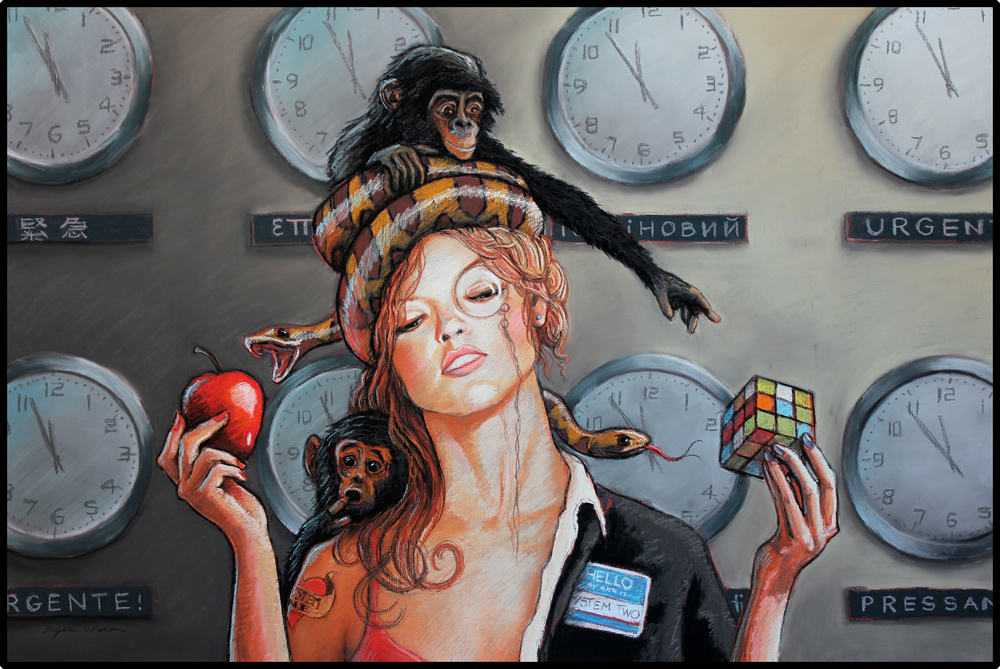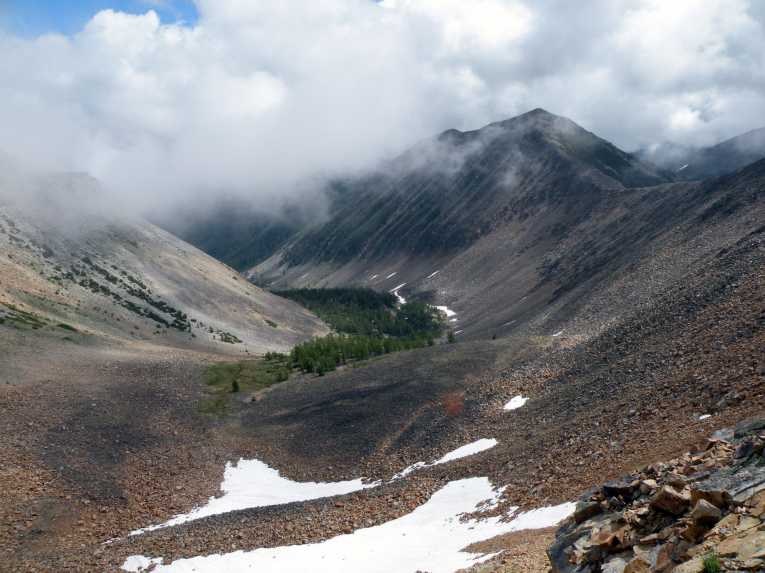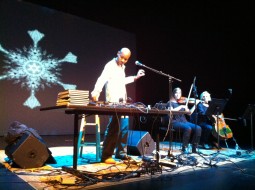For our May 13th show we offer two features:
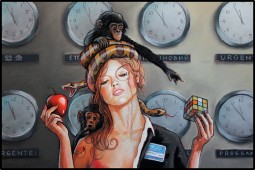 Gold Lab Symposium (starts at 3:42): Biotech entrepreneur Larry Gold, a CU Boulder professor at the BioFrontiers Institute, talks with How On Earth’s Shelley Schlender about the annual Gold Lab Symposium, which will be held in Boulder May 16th and 17th. This year’s theme is Embracing the Reptile Within: Head, Heart and Healthcare. The event will focus on research and educational approaches that can potentially help improve the U.S. healthcare system.
Gold Lab Symposium (starts at 3:42): Biotech entrepreneur Larry Gold, a CU Boulder professor at the BioFrontiers Institute, talks with How On Earth’s Shelley Schlender about the annual Gold Lab Symposium, which will be held in Boulder May 16th and 17th. This year’s theme is Embracing the Reptile Within: Head, Heart and Healthcare. The event will focus on research and educational approaches that can potentially help improve the U.S. healthcare system.
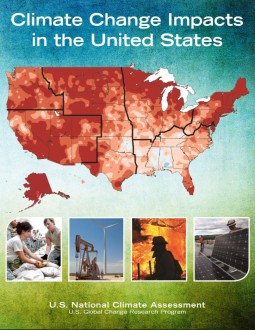 U.S. Climate Change Report (starts at 11:50) The National Climate Assessment, a sobering new report on the science and impacts of climate change in the U.S., makes it starkly clear that human-induced climate change is already affecting all parts of the country. It is making water more scarce in some regions while bringing torrential rains elsewhere. It is making heat waves more common and severe, and it’s causing more severe and destructive wildfires. How On Earth co-host Susan Moran talks with two guests: Kristen Averyt, PhD, is a lead author of a chapter on Energy, Water and Land. She is associate director for Science at the Cooperative Institute for Research in Environmental Sciences (CIRES) at CU Boulder. Dan Glick is a journalist who helped edit the report. His company, The Story Group, also produced a series of videos that highlight the report’s key findings and how climate change is affecting many people’s lives and livelihoods.
U.S. Climate Change Report (starts at 11:50) The National Climate Assessment, a sobering new report on the science and impacts of climate change in the U.S., makes it starkly clear that human-induced climate change is already affecting all parts of the country. It is making water more scarce in some regions while bringing torrential rains elsewhere. It is making heat waves more common and severe, and it’s causing more severe and destructive wildfires. How On Earth co-host Susan Moran talks with two guests: Kristen Averyt, PhD, is a lead author of a chapter on Energy, Water and Land. She is associate director for Science at the Cooperative Institute for Research in Environmental Sciences (CIRES) at CU Boulder. Dan Glick is a journalist who helped edit the report. His company, The Story Group, also produced a series of videos that highlight the report’s key findings and how climate change is affecting many people’s lives and livelihoods.
Hosts: Ted Burnham, Susan Moran
Producer: Susan Moran
Engineer: Ted Burnham
Executive Producer: Joel Parker
Listen to the show (click below):
Podcast: Play in new window | Download (Duration: 24:02 — 22.0MB)
Subscribe: RSS

